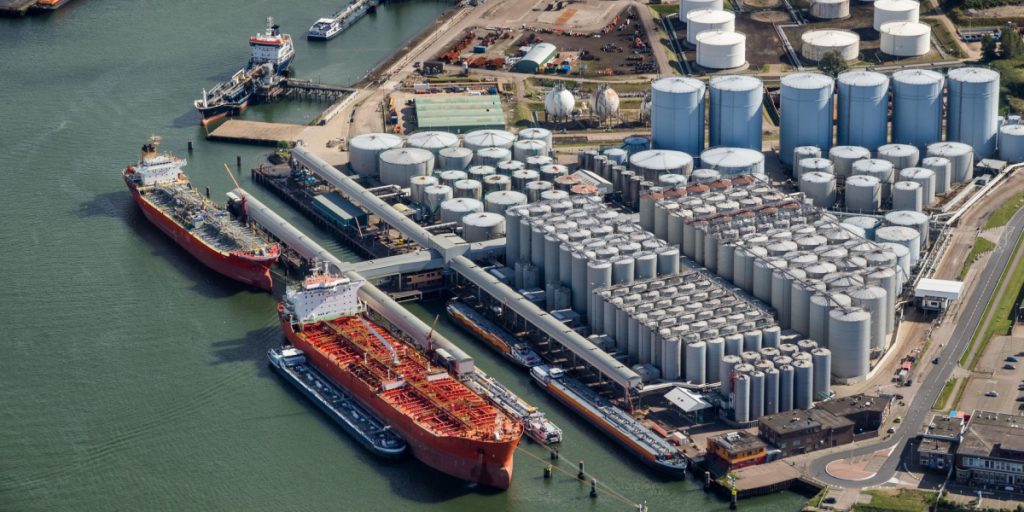One Turkish oil terminal has stopped accepting Russian oil, reacting to heightened US sanctions after a year of record imports.
Others are reading now
Global Terminal Services (GTS), managing a terminal in Turkey’s Hatay province, announced its decision to cut off Russian oil imports. Despite adhering to sanctions and regulations, GTS has chosen to take an extra step by refusing any products originating from Russia or shipped from Russian ports.
“GTS decided to sever all possible ties with Russian oil and accordingly told its customers at the end of February 2024 that even if there were no violations of any laws, regulations or sanctions, it would not accept any products of Russian origin or any products that loaded from Russian ports as an additional measure to the current sanctions rules,” stated GTS.
The company emphasized its commitment to following international sanctions, including the G7’s price caps, and described its latest policy as an effort to mitigate the impact of activities outside its control.
Also read
Surge in Imports and Exports
The Dortyol terminal, a hub for importing, exporting, and storing fuel and oil, processed 11.74 million barrels of Russian crude oil and fuel last year, data from Kpler shows. This volume made it the seventh-largest import terminal in Turkey, marking a significant increase from 2021.
Exports from Dortyol also saw a dramatic increase in 2023, nearly five times higher than in 2021, reaching approximately 24.7 million barrels. The last shipment from Russia arrived on February 19, with a tanker unloading 511,000 barrels of diesel from Primorsk, Russia.
However, GTS noted it would still process Russian shipments declared before the February cutoff.
Impact on Trade and Destinations
Oil exported from Dortyol often heads to Greek ports such as Corinth, Elefsis, and Thessaloniki, as well as major oil trading centers in Rotterdam and Antwerp in North West Europe.
This decision reflects broader trade dynamics, as the volume of goods traded between Turkey and Russia in February fell by 33% to $670 million, down from $1 billion in the same period the previous year.


